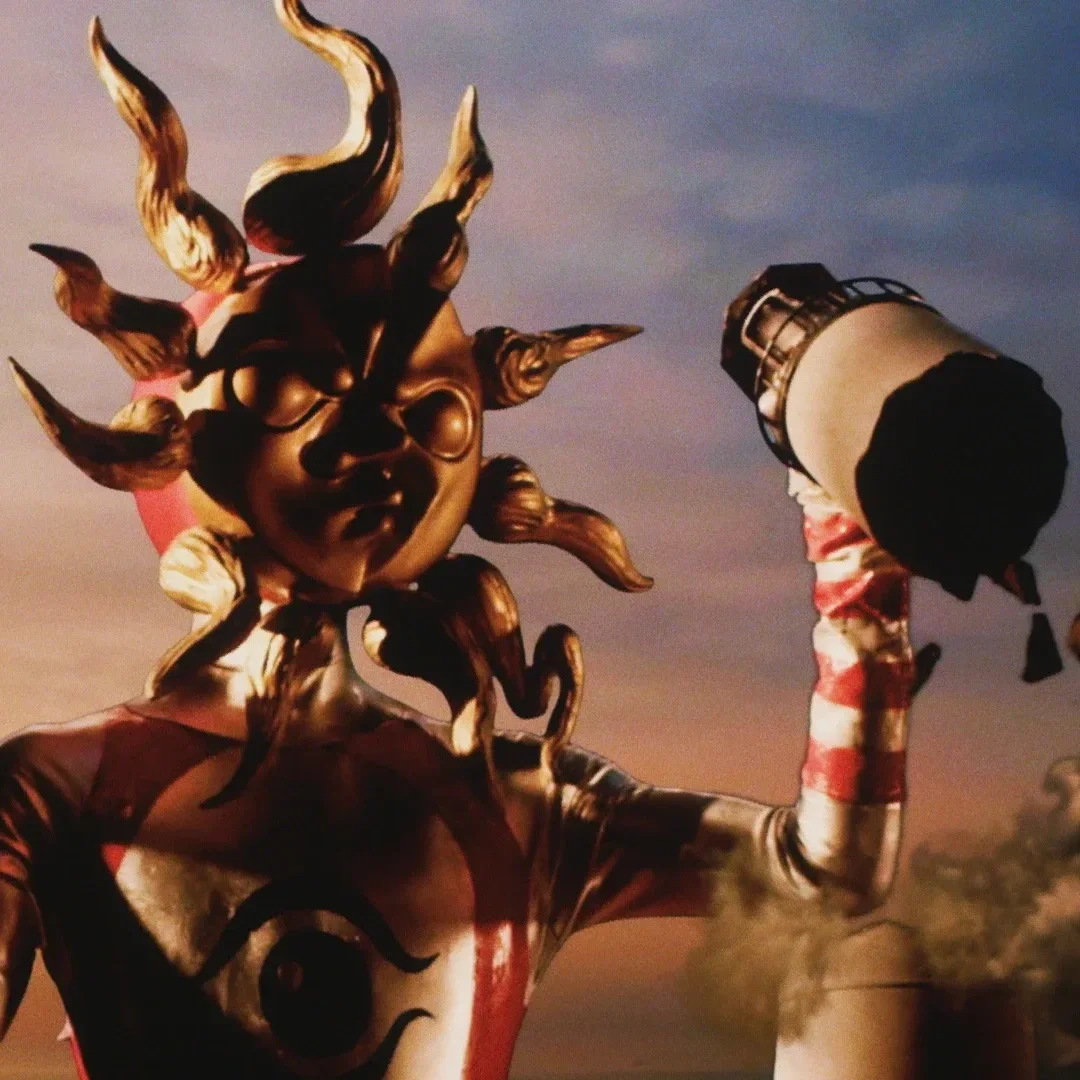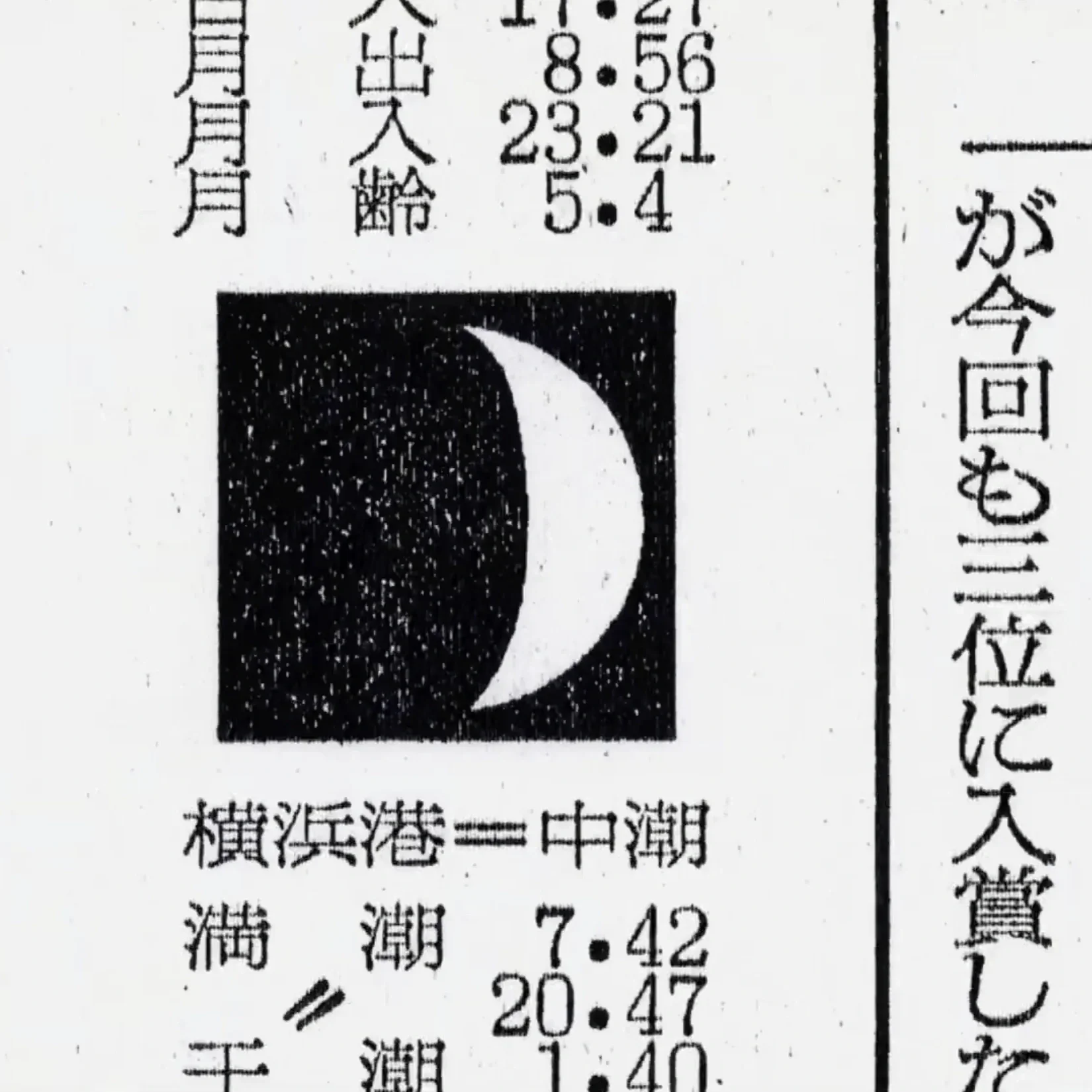The legacy of Japanese Jazz Icon Ryo Fukui
This self-taught jazz pianist carved out a unique space for himself in the world of jazz, leaving an indelible legacy that continues to inspire and captivate audiences globally. Born on June 1, 1948, in Hokkaido, Japan, Ryo Fukui embarked on his musical journey relatively late, beginning with the accordion at 18 before transitioning to the piano at 22.
Career Beginnings
Fukui's initial foray into music was marked by his self-discipline and determination. His move to Tokyo at the age of 22 was a big step in his career. Despite occasional disheartenment due to slow progress, his interactions with saxophonist Hidehiko Matsumoto provided him with the necessary encouragement. Fukui's perseverance bore fruit in 1976 with the release of his debut album, "Scenery." This album, followed by "Mellow Dream" in 1977, showcased his evolving skills and began to cement his reputation in the Japanese jazz scene.
Scenery
"Scenery," released in 1976, is Ryo Fukui’s debut album and a cornerstone of Japanese jazz. The album features a mix of original compositions and jazz standards, displaying Fukui's dexterity and a style reminiscent of jazz greats like McCoy Tyner and Bill Evans. It showcases Fukui on piano, Satoshi Denpo on bass, and his brother Yoshinori on drums. The album blends original compositions with jazz standards, highlighting Fukui's dexterity and emotive playing style.
The title track, "Scenery," stands out for its melancholic beauty, while pieces like "It Could Happen to You" and "Early Summer" display lively and fresh interpretations. Despite being initially overlooked in the U.S., "Scenery" gained significant appreciation in Japan and later internationally, especially through YouTube and other digital platforms.
"Scenery" is now celebrated as a quintessential Japanese jazz album, symbolizing the blend of technical skill and emotional depth that defines Fukui's legacy. Its rediscovery in the late 2010s has cemented its status as a timeless classic, continuing to inspire jazz enthusiasts worldwide.
© WRWTFWW Records
International Influence
The 1990s marked a significant period of international expansion and collaboration for Fukui. His visit to the United States in 1992 was a watershed moment, leading to a mentorship with American jazz pianist Barry Harris. This relationship profoundly influenced Fukui's technique, particularly in the bebop style. The release of his third album, "My Favorite Tune," in 1994, further exemplified his growth, featuring both original works and renditions of classics.
His subsequent album, "In New York" (1999), recorded with drummer Leroy Williams and bassist Lisle Arthur Atkinson, highlighted his ability to blend seamlessly with international musicians, further solidifying his global presence. Fukui's performances in prestigious jazz venues and his efforts in teaching jazz piano internationally contributed to the spread of his musical influence.
Slowboat Jazz Club
In 1995, Fukui and his wife Yasuko opened the Slowboat jazz club in Sapporo. This venue became a central hub for jazz enthusiasts and musicians, hosting local and international talents. The club not only provided a platform for live jazz performances but also served as a space for Fukui to impart his knowledge through lessons and workshops.
Fukui's final album, "A Letter From Slowboat" (2015), recorded live at his beloved club, serves as a poignant culmination of his musical journey. This album is seen as a heartfelt tribute to his roots and showcases his masterful solos, reflecting his deep connection to his native home.
Fukui’s Legacy
Ryo Fukui passed away on March 15, 2016, due to lymphoma. His death marked the end of an era, but his legacy continues to thrive. The Slowboat jazz club remains operational under the management of his widow, Yasuko Fukui, preserving the vibrant jazz culture that Fukui so passionately nurtured.
In the years following his death, Fukui's work has experienced a resurgence in popularity, particularly on internet platforms like YouTube and Apple Music. This renewed interest has brought his albums to the forefront of jazz collections worldwide, with "Scenery" often being cited as a quintessential piece of Japanese jazz. The album's distinctive red cover has become an iconic image within the jazz community, symbolizing the allure and sophistication of Japanese jazz.
Fukui's contribution to jazz was recognized formally in 2012 when he received the Sapporo Culture Encouragement Prize. His influence continues to be felt through the works of musicians he mentored and the timeless recordings he left behind.
Ryo Fukui's journey from a self-taught pianist to a revered jazz icon is a testament to his dedication and passion for music. His ability to transcend cultural boundaries and touch the hearts of jazz enthusiasts worldwide underscores the universal language of music. Through his albums, performances, and the enduring spirit of the Slowboat jazz club, Fukui's legacy remains a beacon of inspiration, celebrating the rich and dynamic world of jazz.












Who was Kenji Endo, Japan’s folk revival legend.